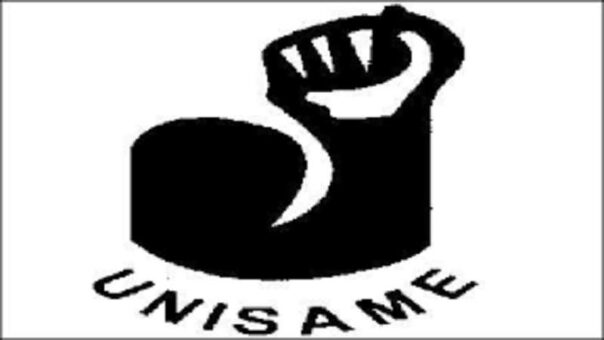The Union of Small and Medium Enterprises (UNISAME) in Pakistan has launched an initiative to encourage both domestic and overseas Pakistanis to bring in their foreign currency without facing any inquiries.
The association aims to facilitate this process by requesting Finance Minister Senator Ishaq Dar to declare a specially tailored amnesty program. The primary objective of this program is to stimulate imports and provide crucial financing to address the challenges faced by small and medium-sized enterprises (SMEs).
Zulfikar Thaver, President of UNISAME, has shed light on the detrimental impact of several factors, including high inflation, rupee depreciation, and reduced imports, which have severely affected SMEs. As a result, many businesses have been forced to shut down, leading to significant losses. Recognizing the urgency of the situation, the government is being urged to take prompt action to rescue the struggling SME sector. The scarcity of imported raw materials has further exacerbated the situation, causing inventories to deplete rapidly. Without immediate intervention, there is a looming risk of a complete collapse of SME units.
Thaver emphasized the close connection between imports and exports, stressing that a decline in imports inevitably leads to a decline in exports. The export of goods manufactured from imported raw materials is steadily diminishing with each passing day. UNISAME highlights the pressing need to reverse this trend in order to safeguard the export sector and prevent further damage to associated industries.
The business community, fully aware of the gravity of the situation, is eager to contribute to the nation’s welfare by purchasing certificates using their dollars. This proactive approach reflects their dedication to preventing a potential economic default and ensuring the stability of Pakistan’s economy.
Abdul Rauf Aziz, the convener of the UNISAME committee, has been entrusted with the task of preparing and submitting a comprehensive proposal to the government. Aziz has urged the government to invite businessmen to voluntarily send or surrender their dollars, in exchange for refundable dollar bonds or receipts. These instruments would be transferable and sellable to importers. By implementing this approach, Pakistan would not only steer clear of potential bankruptcy but also address the loss of government revenue resulting from reduced imports. It is worth noting that import duties contribute significantly to the country’s income. Furthermore, curbing smuggling activities, which have surged due to limited imports, would be an additional benefit of this proposal.
In line with their efforts to incentivize contributions to import financing, the UNISAME Council has proposed the introduction of bonus vouchers for all inward dollar remittances. These vouchers would be encashable, sellable in the open market, and usable for imports. This initiative aims to encourage individuals to actively participate in supporting the importation process.
According to estimates, around 15 billion dollars are currently held in lockers and homes in Karachi alone. Individuals possessing these funds are prepared to deposit them with the government in exchange for bonds. These bonds could then be sold to importers, facilitating the importation of essential goods. The business community has requested a special amnesty and assurance that no questions will be asked during this process. Their willingness to offer their own dollars to rescue their beloved country deserves recognition.
The committee responsible for developing the proposal includes esteemed members such as Muzzamil Rauf, Asif Chase, Muhammad Hussain Ratnani, Shaukat Ali, and Muhammad Shoaib. Together, they are actively working on formulating a plan to fund imports through contributions from Pakistani businessmen. Some committee members have even suggested the issuance of gold bonds, drawing inspiration from a similar successful initiative in India. The proposal is gaining momentum, with numerous members providing valuable input and recommendations.
The committee is scheduled to submit its comprehensive proposal to the Small and Medium Enterprises Development Authority (SMEDA).
READ MORE: UNISAME expresses concern over soaring dollar rates, calls for innovative measures
